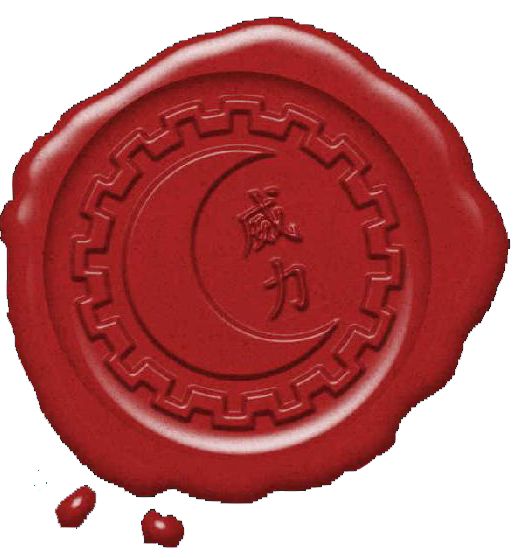Family of raccoons laying siege to the city of carthage in order to prevent hannibal from crossing the alps in the dead of winter, catching roman forces completely by surprise and allowing him to march his armies through italy unchallenged
Here's something I've been wondering: you mentioned that creating a path around guns would be pointless, but then how are sword paths even remotely viable? It seems like the best paths would focus on long-range capabilities, and have techniques or an iron body that greatly enhance speed, allowing them to stay out of range. It doesn't matter how good a sword is if it can't land a hit.Also, how are armies organized in times of war? Are soldiers required to change to a standard path for uniformity among the ranks, arranged into divisions of people with similar skill-sets, or thrown onto the field with no regard for paths? Are officers determined by merit or cultivation level? Are more powerful sacred artists fielded first or last, as using them early could allow more control of the battlefield, but they don't want to risk the shame of being seen defeated. Do coups often follow wars? As the conflict would likely create powerful sacred artists to challenge the ruling power.
Will Wight
It depends on what you mean by "best" Paths. Best Path for what? Best Path for killing a sword artist, sure.However, the real answer is that in this world, a sword isn't a short-range weapon.The nature of sacred arts in this world means there aren't armies as we know them. It's pointless to mass together a bunch of people when one enemy who's advanced enough could kill all of them unopposed.War-level combat is a lot more about matching experts with experts. This is a world where it's even viable for wars to be settled by duels; if their Underlord beats your Underlord, and you don't have anyone else as strong or stronger, you might as well surrender.There are squads and divisions divided by specialty function and ability, which we'll get into. Also, Carthage must be destroyed.
Family of attack badgers (raccoons busy attacking carthage for mollusk blood to make purple dye, a priceless commodity of the ancient world, and a symbol of wealth and power in the roman empire)
That seems strange, as all previous examples of conflict (heavens glory, jai clan) show the leaders more than willing to throw weak fodder at their enemies, because if they go and fight themselves, they risk losing face, or appearing weak (pride/appearance of strength being a pillar of the culture here) Wouldn't kings and lords want to avoid this as much as possible? Sending low-rank fodder to fight their low-rank fodder (enemy kings won't want to risk themselves needlessly either, after all) seems like a preferable alternative, especially since if your fodder survives, they will likely become stronger from the fighting.
Will Wight
An Underlord loses face when he HAS to go deal with a group of Golds, because he's lowering himself to their level.If the enemy doesn't have an Underlord of their own, he doesn't have to deal with them at all. The threat of him doing so is enough.If they keep defying him, then he would lose more respect and reputation by allowing them to continue hurting his interests unopposed than he would taking care of them himself.So basically, if you're not roughly equal to the enemy in strength, you don't fight.If you ARE roughly equal in strength, as you say, fights are usually carried out by the lower ranks. It's not normally duels between the upper-level people, I was just using that as an illustration of where the real power is. It's a viable strategy, but it's not common.
And furthermore Carthage must be destroyed.
